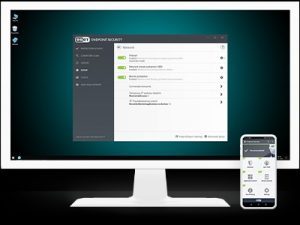
Ethics is a cornerstone of the auditing profession, as auditors are entrusted with ensuring the accuracy and reliability of financial information. Upholding professionalism and integrity is essential to maintain public trust and confidence in auditing. This article will explore the importance of auditing ethics for audit firms in Sharjah.
Independence and objectivity:
One of the fundamental principles of auditing ethics is independence. Auditors must maintain independence both in appearance and in fact. They should be free from any conflicts of interest that may compromise their objectivity and impair their judgment. Independence ensures that auditors can provide unbiased and impartial opinions on the financial statements and other audit findings. It enhances the credibility and reliability of the auditing process.
Confidentiality:
Auditors have access to sensitive and confidential information about the organizations they audit. Upholding confidentiality is crucial to maintaining trust and professionalism. Auditors must exercise discretion and refrain from disclosing or misusing any confidential information obtained during the audit process unless there is a legal or professional obligation to do so. Confidentiality builds trust between auditors and their clients, enabling open and honest communication.
Professional competence and due care:
Auditors must possess the necessary knowledge, skills, and experience to perform their duties competently. They should continuously update their professional knowledge and skills to stay abreast of evolving accounting and auditing standards. By demonstrating professional competence, auditors can provide high-quality audit services and contribute to the accuracy and reliability of financial reporting. Due care refers to auditors’ thoroughness and diligence in planning, executing, and documenting their work. It ensures that audits are conducted with the necessary attention to detail and professionalism.
Compliance with laws and regulations:
Ethical auditors adhere to applicable laws, regulations, and professional standards in performing their duties. They ensure that relevant legal and regulatory requirements, including auditing standards and guidelines, conduct the audit process. Compliance with laws and regulations promotes ethical conduct and reduces the risk of legal and regulatory violations. Auditors play a vital role in identifying non-compliance issues and reporting them appropriately.
Professional skepticism:
Professional skepticism is an important ethical attribute of auditors. It involves questioning and critically assessing the information and evidence obtained during the audit. Auditors should exercise professional judgment and be alert to errors, misstatements, or fraud. Professional skepticism helps auditors uncover irregularities, identify areas of concern, and mitigate risks. It ensures that auditors thoroughly examine and provide reliable and accurate audit opinions.







